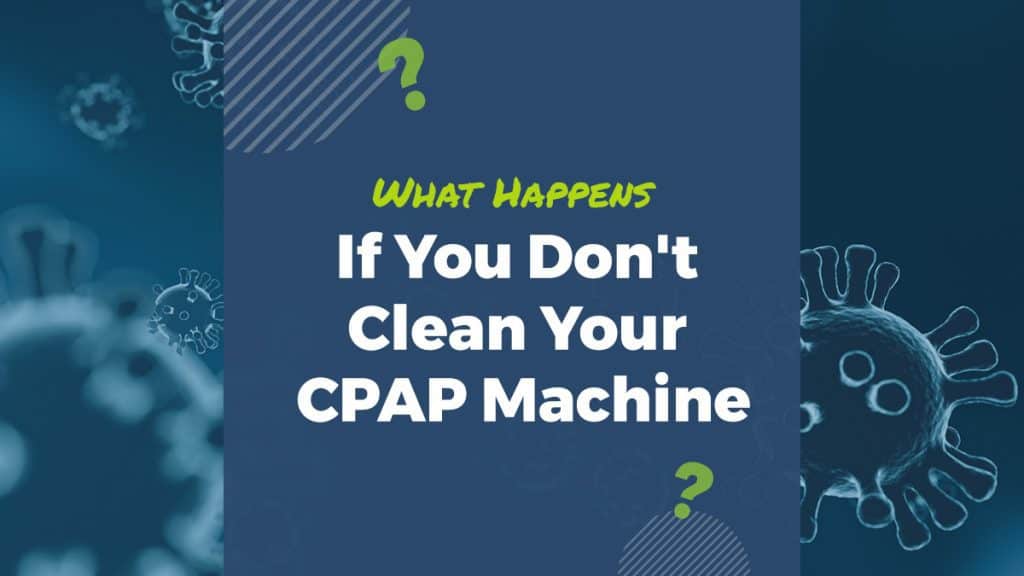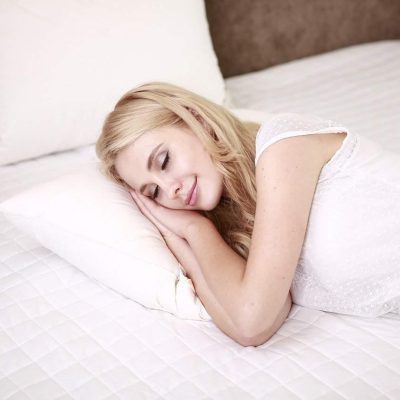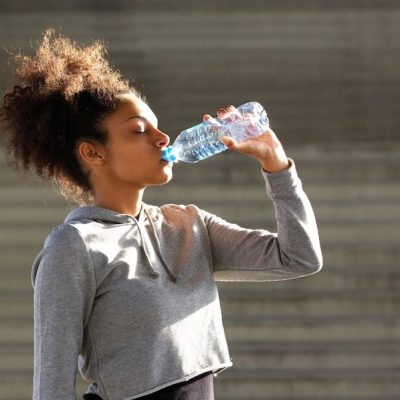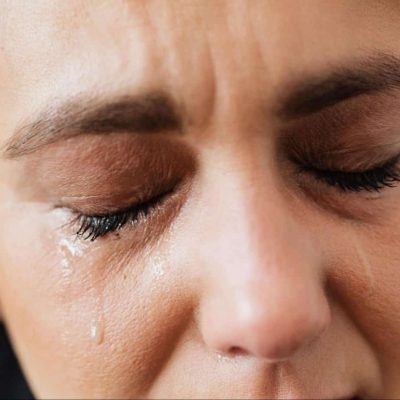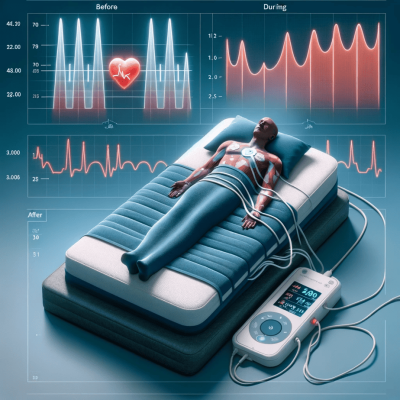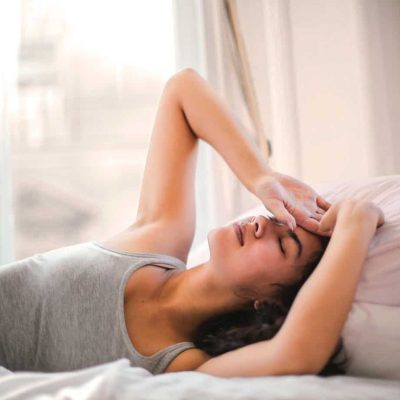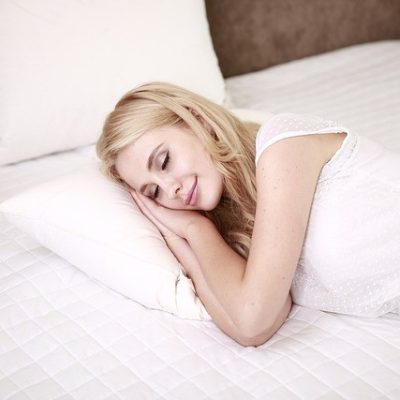While rarely diagnosed, sleep apnea affects between 5 to 20 percent of the adult population according to estimates of the National Sleep Foundation. Left untreated, the condition could increase your risk of developing serious diseases such as heart disease, high blood pressure, type 2 diabetes and stroke.
Thankfully, treating obstructive sleep apnea is easy and is usually done by using a positive airway pressure device (CPAP). It is basically a mask that covers your nose and/or mouth designed to keep your airway open while you sleep. There are a lot of options available on the market today but they all share one thing in common – they all need to regular maintenance to keep them in tip-top shape and ensure you only get the most effective treatment from these devices.
Table of Contents
ToggleWhy CPAP Machines Must Be Cleaned Regularly
Surprisingly, one of the easiest ways to maintain a CPAP’s machine is to just clean it regularly. But if you’re feeling a bit lazy and are wondering exactly what happens If you don’t clean your machine, perhaps these nasty scenarios might convince you to shove those procrastinating tendencies away and get it cleaned fast.
Mold spores, viruses, fungus, bacteria, germs, and mildew build-up could happen – Most CPAP machines have a humidifier feature to combat throat and nasal passage irritation which happens when dry air is continuously blown into your airway during the treatment duration. Due to this humidifier, the internal surface of your device will usually end up being damp with moisture. Even those without a humidifier will still be damp inside since your breath already contains moisture when you exhale.
Unfortunately, a damp environment is what fungus, bacteria, viruses, and mold spores need to thrive. If you neglect cleaning the equipment regularly, the machine will become a breeding ground for these organisms over time. Considering that the average person is usually fastidiously clean, they probably won’t touch the unclean CPAP if they knew this beforehand how dirty it really is.
You might experience other respiratory health concerns – This is actually connected to the previous scenario which is the buildup of viruses and bacteria. In a study by Brigham and Women’s Hospital and Harvard Medical School, 48 percent of the CPAP masks sampled contained 2000+ bacteria counts. This is supported a separate study which found out the patients using CPAP are 32 percent more likely to get pneumonia due to bacterial contamination of the mask.
Obviously, getting rid of bacterial presence on the mask is the most effective method of countering this risk. In fact, when patients started to regularly clean their masks, there was a noted decrease in the incidence of respiratory infections.
The mask will smell and might deteriorate prematurely – If you don’t clean the CPAP mask, dirt, oil and dead skin cells will accumulate on its surface. This will result not only in a bad smelling mask that no one would want to wear. Not to mention this will eventually damage the mask and irritate your skin.
Cleaning the CPAP Machine
There are a number of ways to clean your CPAP mask and machine, and ensure it is free of germs and bacteria. The traditional method is with soap and water but it might not be effective enough since you can’t really clean the mask’s hard-to-reach areas. It is worth checking the manufacturers guide on the best cleaning method for your machine.
A more effective way of cleaning the medical equipment (with a cpap cleaner) is to use activated oxygen (ozone). As a cleaning method, it has been proven safe and very effective. In fact, it is actually being used by the hotel industry, food handlers, and even hospitals.

